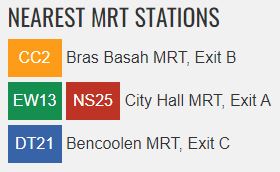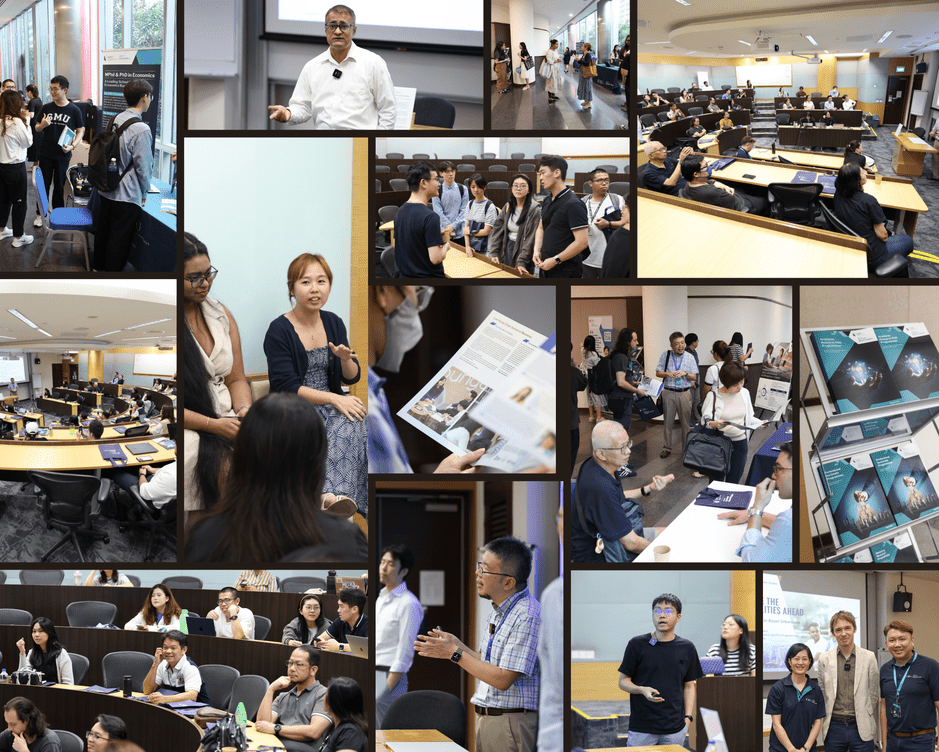2025 Recipients

CHENG Qiang
Lee Kong Chian Chair Professor of Accounting
School of Accountancy

Roy CHUA
Lee Kong Chian Professor of Organisational Behaviour & Human Resources
Lee Kong Chian School of Business

Tomoki FUJII
Professor of Economics
School of Economics

Norman LI
Professor of Psychology
School of Social Science
2025 Nominees

GENG Xuesong
Associate Professor of Strategic Management
Lee Kong Chian School of Business

LIANG Hao
Associate Professor of Finance
Lee Kong Chian School of Business

LIM Yung Fong
Lee Kong Chian Professor of Operations Management
Lee Kong Chian School of Business

Thomas MENKHOFF
Professor of Organisational Behaviour & Human Resources (Education)
Lee Kong Chian School of Business

Jochen REB
Professor of Organisational Behaviour & Human Resources
Lee Kong Chian School of Business

TAN Hwee Hoon
Associate Professor of Organisational Behaviour & Human Resources
Lee Kong Chian School of Business

JIANG Lingxiao
Professor of Computer Science
Director
School of Computing and Information Systems

Archan MISRA
Lee Kong Chian Professor of Computer Science
School of Computing and Information Systems

Chris POSKITT
Associate Professor of Computer Science (Education)
School of Computing and Information Systems

Lwin Khin SHAR
Associate Professor of Computer Science (Practice)
School of Computing and Information Systems

Pradeep Reddy VARAKANTHAM
Professor of Computer Science
School of Computing and Information Systems

WANG Zhaoxia
Associate Professor of Computer Science (Practice)
School of Computing and Information Systems

KIM Seonghoon
Associate Professor of Economics
School of Economics

LI Jia
Dean
Lee Kong Chian Professor of Economics
School of Economics

CHENG Chi-Ying
Associate Professor of Psychology
School of Social Science

Kenneth TAN
Assistant Professor of Psychology
School of Social Sciences

YANG Hwajin
Associate Professor of Psychology
School of Social Science
















